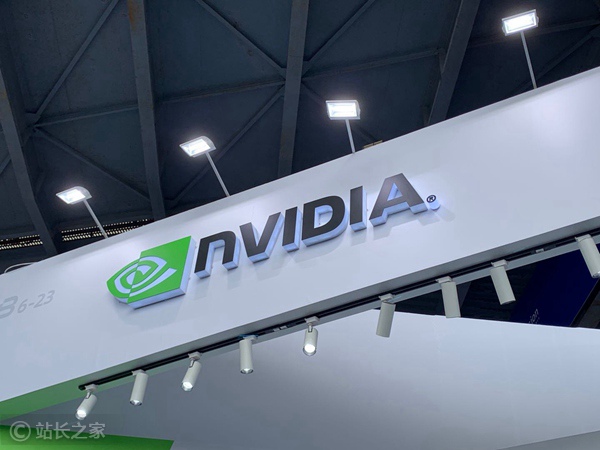Recently, at the CES conference, Nvidia CEO Jensen Huang talked about the challenges Samsung encountered in producing new artificial intelligence memory chips (HBM). HBM is crucial to the new generation of AI systems equipped with Nvidia chips, and Samsung lags behind rival SK Hynix in HBM production speed. Despite this, Huang Renxun has full confidence in Samsung and believes that with its technical strength and innovation capabilities, it can overcome difficulties, ultimately make progress in the HBM field, and bring positive changes to the entire industry.
At the latest CES conference, Nvidia CEO Jensen Huang pointed out that Samsung Electronics has encountered some difficulties in producing new artificial intelligence (AI) memory chips. This new type of memory chip, called high-bandwidth memory (HBM), is critical to a new generation of artificial intelligence systems powered by Nvidia chips.
Huang Renxun mentioned at the press conference that Samsung’s production of HBM is slower than its competitor SK Hynix. He said that although Samsung currently faces some challenges, he is confident that the partner company can overcome these difficulties. He believes that with the continuous advancement and innovation of technology, Samsung has the potential to make progress in this field.

High-bandwidth memory is a type of memory designed for processing large amounts of data and is widely used in machine learning, deep learning, and various AI applications. Due to the rapid development of artificial intelligence, the demand for high-performance memory is also surging. Huang Renxun pointed out that if Samsung can successfully solve the current problems, it will be able to bring important changes to the entire industry.
In addition, Huang Renxun also mentioned that with the global emphasis on artificial intelligence technology, major technology companies are stepping up the development of new memory solutions to meet market demand. In such a competitive environment, Samsung's performance is particularly important. He believes that Samsung, as the world's leading semiconductor manufacturer, has the ability to overcome current difficulties and will launch more competitive products in the future.
Overall, although Samsung faces challenges in the design and production of AI memory chips, Huang Jenxun's positive attitude shows an optimistic outlook for its future. As technology continues to evolve, Samsung is expected to regain its leading position in this field.
Huang Renxun's remarks reflect the AI industry's huge demand for high-performance memory chips and the intensity of market competition. As an industry giant, Samsung's progress in the HBM field will have a profound impact on the development of the entire AI industry. We will wait and see its future performance.